For bakers, the oven is the heart of the kitchen. Keeping it in prime condition is crucial for achieving consistently great results. Here are six essential oven maintenance tips that every baker should incorporate into their routine to ensure their oven performs at its best.
1. Regular Cleaning
Regular cleaning is fundamental to maintaining your oven’s performance and longevity. After each baking session, once the oven has cooled, wipe down any spills or crumbs using a damp cloth.
For a deeper clean, use a mixture of baking soda and water to form a paste, apply it to the oven’s interior, and leave it overnight. In the morning, wipe it clean with a damp cloth. Avoid using harsh chemical cleaners as they can leave residues that may affect the flavor of your baked goods.
2. Check and Replace Seals
The door seals or gaskets play a critical role in maintaining the oven’s temperature by preventing heat from escaping. Over time, these seals can wear out, leading to inefficient heating and uneven baking. Periodically inspect the seals for any signs of damage or wear.
If you notice any cracks or gaps, replace the gasket to ensure your oven maintains a consistent temperature. This simple maintenance step can significantly improve the efficiency and effectiveness of your baking.
3. Calibrate Your Oven
An oven that does not maintain accurate temperatures can ruin even the best recipes. To ensure your oven heats correctly, invest in an oven thermometer and check the internal temperature regularly. If you find discrepancies between the set temperature and the actual temperature, you may need to recalibrate your oven.
Most ovens allow for temperature adjustments via the control panel. Consult your oven’s manual for specific instructions on how to calibrate it properly. Keeping your oven correctly calibrated ensures that your baked goods turn out perfectly every time.
4. Inspect And Clean Heating Elements
Both electric and gas ovens rely on heating elements to function efficiently. Over time, these elements can accumulate food debris and grease, impacting their performance. Regularly inspect the heating elements for any buildup or signs of damage.
For electric ovens, gently clean the elements with a soft cloth; for gas ovens, ensure the burner ports are not clogged and clean them if necessary.
5. Use the Self-Cleaning Feature Wisely
Many modern ovens come with a self-cleaning feature, which uses high temperatures to burn off food residue. While convenient, this feature should be used sparingly to avoid putting unnecessary strain on your oven’s components.
Before using the self-cleaning cycle, remove any large food particles manually to prevent excessive smoke or potential fire hazards. Always follow the manufacturer’s instructions during the process.
6. Regular Professional Servicing
While routine maintenance can handle most minor issues, having your oven professionally serviced once a year is a wise investment. A professional technician can thoroughly inspect and clean components that are difficult to access, such as the internal wiring and gas connections.
Appliance Unit Repair should be done solely by professionals to prevent any serious issues or any hazard. They can also diagnose and address any potential problems before they become serious, ensuring your oven remains safe and efficient.

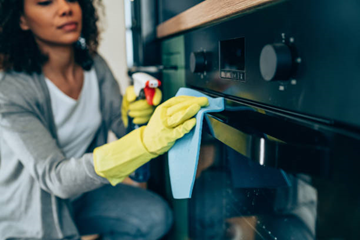
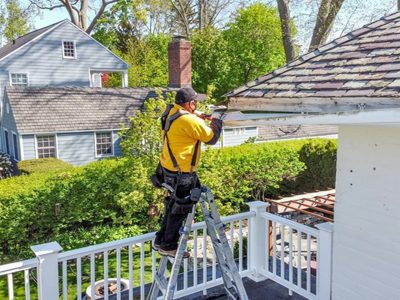
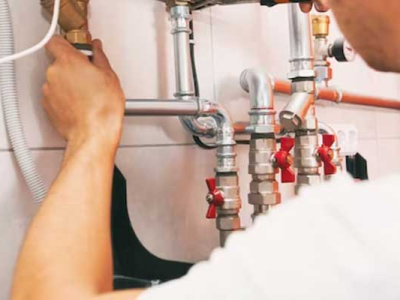

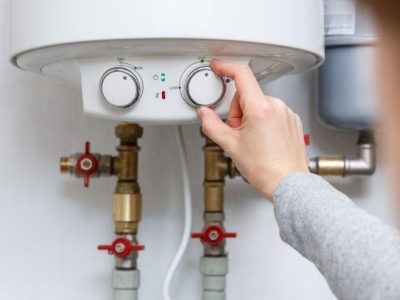

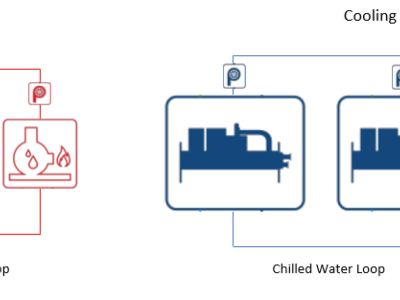


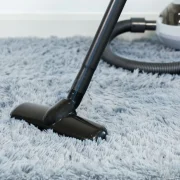

Comments